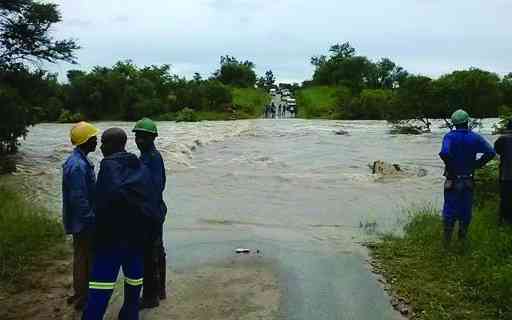
THE Skills Audit and Development ministry has called on universities and colleges to offer skills programmes aimed at addressing industrial needs.
In his presentation at the provincial stakeholder skills audit workshop held in Mutare yesterday, the director for skills analysis Victor Cheure said there was an urgent need to address the skills gap in Zimbabwe.
He said there was also a need to push for an industrialisation drive by revolutionalising skills at various universities and colleges so that they suit industrial needs.
Cheure said this could be achieved by setting up more vocational training centres at district level.
“The reality today is that we have qualified people on paper. They have the degrees and certificates, but they are not employable because they do not have the required skills,” he said.
“Most of the people who are actually driving the economy do not have those certificates, diplomas or degrees but they have the skills related to their various industries.
“This is the reason why those with certificates are now failing to find employment. Some are now selling airtime [mobile phone recharge vouchers] and becoming vendors because they lack requisite skills to meet the industrial needs.”
Cheure said there was a need for the universities and colleges to have a different mindset and change the curriculum.
- Government emphasises education diversification, as brain drain bites
- Colleges challenged to offer courses suiting industrial needs
- Local association extends hand to government in Skills development push
- IAPAZ extends hand to government in Skills development push
Keep Reading
Speaking at the same event, Manicaland Provincial Affairs and Devolution minister Misheck Mugadza said: “Human capacity and skills gaps continue to militate against the full implementation of devolution programmes across all tiers of government.
“It does not matter how vast our natural resource endowments are, without the requisite skills we will be unable to explore and exploit all what we have into tangible products and services. Our livelihoods cannot be changed by resources alone without the critical skills to value add and beneficiate them.”
He added: “The development of our province requires critical and relevant skills to spearhead rural industrialisation and exploit the indigenous knowledge systems as essential ingredients for the rural development strategy.”










